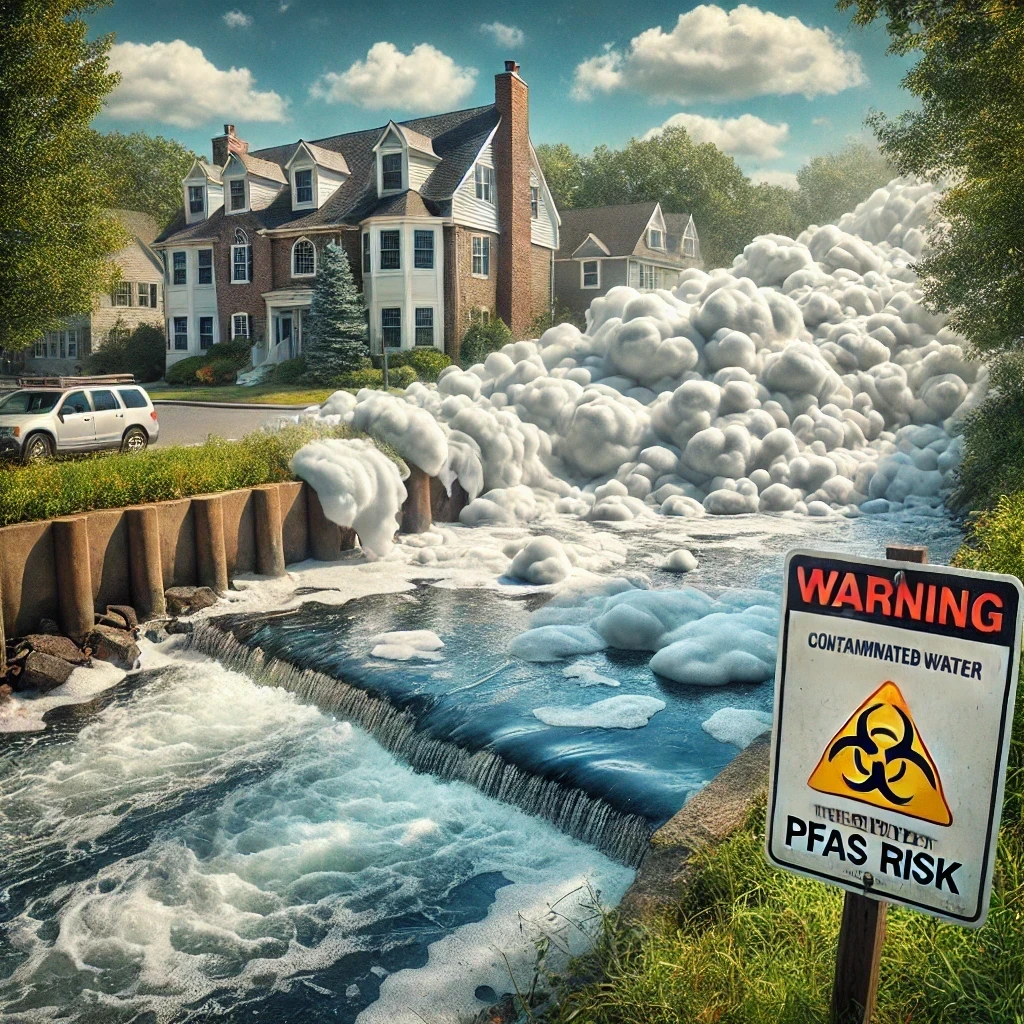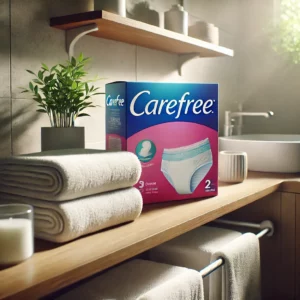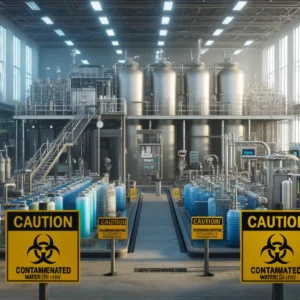Borough Reaches Agreement with Firefighting Foam Manufacturer Tyco Fire Products
Hawthorne, a New Jersey borough, has partially settled its class-action lawsuit against manufacturers of products containing per- and poly-fluoroalkyl substances (PFAs). The agreement with Tyco Fire Products L.P., a leading firefighting foam manufacturer, marks a step forward in the borough’s efforts to recover costs associated with water contamination cleanup.
5 Key Points
- Hawthorne, NJ, has settled part of its lawsuit with Tyco Fire Products L.P. for approximately $180,000.
- In April 2023, the borough sued 17 alleged polluters, including major corporations like 3M Co. and DuPont de Nemours Inc.
- Hawthorne spent $7 million on filtration to remove PFAs from its public water supply.
- The borough has already settled with 3M and DuPont for about $3 million in November.
- Due to the cleanup costs, water bills in Hawthorne have increased by 13% in each of the past two years.
Hawthorne’s Legal Battle Against PFA Polluters
In April 2023, Hawthorne took a stand against alleged water polluters by filing a class-action lawsuit in state Superior Court in Paterson. The lawsuit targeted 17 defendants, including major corporations such as 3M Co., DuPont de Nemours Inc., and Tyco Fire Products L.P. These companies are accused of marketing and selling products containing PFAs in New Jersey despite allegedly being aware of the associated health risks. PFAs, often called “forever chemicals” due to their non-biodegradable nature, are found in various consumer products, including stain-resistant coatings and non-stick cookware. The borough’s legal action aims to hold these companies accountable for the contamination of its water supply and to recover the substantial costs incurred in addressing the issue.
The High Cost of Clean Water
The presence of PFAs in Hawthorne’s water supply has led to significant financial burdens for the borough and its residents. To combat the contamination, Hawthorne invested $7 million in designing and installing a filtration system to remove these harmful chemicals from its 21 wells. This substantial expenditure was financed through a low-interest loan from the New Jersey Infrastructure Bank, with the installation completed in February. The financial impact of this necessary infrastructure upgrade has been directly felt by Hawthorne’s residents, who have seen their water bills increase by 13% in each of the past two years. Borough officials have indicated that a third rate increase is likely in the coming year, further underscoring the long-term financial implications of the contamination.
Settlement Details and Future Expectations
While the $180,000 settlement with Tyco Fire Products L.P. represents a step towards recouping the borough’s cleanup costs, it falls far short of covering the total expenditure. Borough Attorney Michael Pasquale described the amount as a “pittance” compared to the overall spending on water purification. However, Pasquale also noted that settlements with more prominent defendants, such as 3M and DuPont, which were reached in November, are expected to be “much more significant,” potentially amounting to about $3 million. The borough’s strategy appears to involve pursuing multiple settlements, with Pasquale indicating that they will continue to “grab off smaller settlements as they come in.” This approach suggests a long-term legal strategy to recover costs from various responsible parties.
Ongoing Legal Challenges and Bankruptcy Complications
The lawsuit against PFA manufacturers faces additional complexities due to the financial status of some defendants. Notably, Kidde-Fenwal Inc., another manufacturer of firefighting foam and fire-suppression products named in Hawthorne’s lawsuit, filed for Chapter 11 bankruptcy protection last year. This company reportedly faces at least 4,400 lawsuits across the United States for alleged water source contamination, illustrating the widespread nature of the PFA pollution issue. The bankruptcy of key defendants could potentially complicate and delay the legal proceedings and settlement processes for Hawthorne and other affected communities. Additionally, the borough’s lawsuit includes Chemguard Inc., another foam manufacturer, which, along with Tyco, is a subsidiary of Johnson Controls, an international conglomerate headquartered in Ireland.
Regulatory Context and Environmental Impact
The legal actions taken by Hawthorne are set against a backdrop of evolving environmental regulations. In June 2020, the New Jersey Department of Environmental Protection adopted new rules establishing the highest allowable concentrations of PFAs in drinking water. This regulatory change likely influenced the borough’s decision to invest in advanced filtration technology. The presence of PFAs in Hawthorne’s water supply, drawn from 21 wells, highlights these contaminants’ pervasive nature and the challenges municipalities face in ensuring safe drinking water for their residents. As more communities become aware of PFA contamination and its potential health impacts, similar legal actions and infrastructure investments may become increasingly common across New Jersey and the United States.
FAQ
Q: Do you qualify for a PFAS Lawsuit?
A: To see if you qualify, click here.
Q: What is the main focus of Hawthorne’s lawsuit?
A: Hawthorne is suing 17 companies for allegedly polluting its water supply with PFAs, seeking to recover costs for water treatment.
Q: How much did Hawthorne spend on water filtration?
A: The borough spent $7 million to design and install a filtration system to remove PFAs from its public water supply.
Q: How has this affected Hawthorne residents’ water bills?
A: Water bills in Hawthorne have increased by 13% in each of the past two years, with another increase likely next year.
Q: What is the total amount Hawthorne expects to receive from settlements so far?
A: Including settlements with 3M and DuPont, Hawthorne expects to receive about $3.18 million in total from the settled cases.
Q: What are PFAs, and why are they concerning?
A: PFAs are “forever chemicals” that don’t biodegrade. They’re linked to cancer and other health issues and are found in many consumer products.
Citations
DeVencentis, P. (2024, September 19). NJ town settles with maker of firefighting foam in water contamination case. NorthJersey.com. https://www.northjersey.com/story/news/passaic/hawthorne/2024/09/19/hawthorne-nj-tyco-fire-products-settlement-water-contamination-lawsuit/75196468007/






